Benefits of No-code for Modern Startups in 2026
6 min
read
Explore the benefits of no-code for modern startups in 2026, including faster MVPs, lower costs, rapid iteration, and scalable app development workflows now.

Why Businesses Are Moving to No-code Today
Businesses today face real pressure to move faster while keeping costs under control. Markets change quickly, customer needs shift, and waiting months to ship software is no longer realistic.
No-code fits this moment because it removes many delays that slow teams down. You can build, test, and improve products without heavy technical blockers.
- Pressure to ship faster
Teams are expected to launch features quickly and respond to feedback in weeks, not quarters. No-code shortens build cycles by removing long development queues and reducing handoffs between teams. - Rising development costs
Hiring engineers, managing long projects, and fixing delays can become expensive very fast. No-code lowers upfront costs and helps you invest money into product learning instead of constant rebuilding. - Shortage of engineering time
Most engineering teams are already stretched thin with core systems and maintenance work. No-code allows business teams to build internal tools and workflows without pulling engineers away from critical tasks. - Need for experimentation and speed
Modern products improve through testing and iteration, not perfect planning. No-code makes it easier to try ideas, learn from real usage, and change direction without starting over.
In simple terms, no-code helps businesses stay flexible. It lets teams move faster, learn earlier, and adapt without being slowed down by traditional development limits.
Core Benefits of No-code for Product Development
No-code changes how products are built by removing many of the usual barriers in software development. Instead of long build cycles and heavy technical planning, teams can focus on solving real problems and learning from users early.
This makes product development more practical, especially when speed and clarity matter.
- Faster time to market
No-code tools let you move from idea to working product much faster. Visual builders, ready-made components, and built-in logic reduce build time, so teams can launch, test, and improve without long waiting periods. - Lower development costs
You spend less on large engineering teams and long development phases. No-code allows you to build and adjust products with smaller budgets, helping you put resources into growth, marketing, and user feedback instead of rework. - Build without deep coding skills
Product managers, founders, and operators can take part in building directly. This reduces dependency on specialized developers and improves alignment between what the business needs and what gets built. - Rapid prototyping and iteration
Ideas can be turned into prototypes quickly and tested with real users. No-code makes it easy to change flows, screens, and logic based on feedback, without restarting the entire build. - Easier changes and updates
Updates do not require long development cycles or risky deployments. Teams can adjust features, fix issues, and improve workflows smoothly as the product evolves.
Overall, no-code keeps product development flexible. It helps teams learn faster, spend smarter, and build products that grow with real-world needs.
Operational Benefits of No-code for Teams
No-code is not only about building products. It also improves how teams work every day. Many businesses struggle with slow processes, manual work, and tools that do not talk to each other. No-code helps teams replace these gaps with simple systems that support daily operations.
- Streamlined internal workflows
Teams can turn messy spreadsheets and emails into clear workflows. No-code makes it easier to manage approvals, tracking, and handoffs in one place, so work moves forward without confusion. - Automation of repetitive tasks
Manual data entry, status updates, and notifications can be automated. This saves time, reduces errors, and lets teams focus on higher-value work instead of routine tasks. - Better collaboration between teams
When tools are easier to understand and change, teams work together more smoothly. No-code systems give shared visibility into data and processes, which improves communication across departments. - Less dependency on developers
Business teams can update workflows and tools on their own. This reduces bottlenecks and allows developers to focus on core systems that truly need deep engineering work. - Faster day-to-day execution
Decisions and actions happen quicker when systems are simple and flexible. No-code helps teams respond faster to requests, issues, and changes in priorities.
In daily operations, no-code brings clarity and speed. It helps teams work with fewer blockers and keep momentum without adding more complexity.
Read more | Best No-Code App Builders
Strategic Business Benefits of No-code
No-code impacts more than speed and operations. It changes how businesses think, plan, and make decisions. When teams can build and adjust systems quickly, strategy becomes more flexible and grounded in real data instead of assumptions.
- Higher business agility
No-code allows businesses to respond quickly to market changes. Teams can adjust workflows, launch new features, or support new models without waiting months for technical changes. - Faster decision-making
When data, tools, and processes live in one place, leaders see what is happening in real time. This helps teams make decisions based on actual usage and results, not delayed reports. - Improved alignment between business and IT
No-code reduces the gap between ideas and execution. Business teams and technical teams work from the same systems, which improves clarity and reduces misunderstandings. - Democratization of innovation
More people can contribute ideas and solutions, not just engineers. This opens space for creative problem-solving from teams closest to customers and operations. - Ability to test and kill ideas quickly
Not every idea should scale. No-code makes it easy to test concepts, learn early, and stop ideas that do not work before they consume too much time or budget.
From a strategy point of view, no-code supports smarter growth. It helps businesses move with confidence, test ideas safely, and adapt without heavy risk.
Overlooked Long-Term Benefits of No-code for Growing Businesses
When no-code is used with clear workflows and structure, it can reduce long-term risks and support steady growth without constant rework.
- Lower total cost of ownership
No-code systems usually cost less to run and maintain over time. You spend less on ongoing development, bug fixes, and small changes because updates do not require heavy engineering effort. - Reduced technical debt
Clear visual logic and structured data models help prevent messy systems. This makes it easier to understand how things work and reduces problems that usually appear as products grow. - Easier maintenance over time
Teams can manage updates, fixes, and improvements without relying on the same developers forever. This lowers risk when teams change and keeps systems usable long term. - Flexibility as operations evolve
Business processes never stay the same. No-code allows you to adjust workflows, permissions, and integrations as operations change, without rebuilding the entire system. - Less rebuild pressure in early stages
Early products are about learning, not perfection. No-code supports gradual improvement, so teams can evolve systems based on real usage instead of rushing into costly rebuilds.
Taken together, these benefits make no-code a practical long-term choice. It helps businesses grow without creating hidden problems that surface later.
Scalability and Growth Benefits of No-code
No-code can support growth when it is designed with real usage in mind. Scalability is not only about handling more users. It is about keeping the product stable, flexible, and easy to extend as the business grows.
- Scaling users and data
No-code platforms can handle increasing users and records when data is structured properly. Clear data models, roles, and permissions help maintain performance as usage grows. - Adding features without rewrites
Products built with no-code can evolve feature by feature. Teams can add new workflows, user roles, and modules without rebuilding the entire system from scratch. - Integrating with external systems
No-code apps can connect with payment systems, CRMs, analytics tools, and internal databases using APIs and automation. This allows growth without creating isolated tools. - When no-code scales well
No-code works best when workflows are clear and business logic is well defined. Products with predictable usage patterns and structured data scale smoothly. - When hybrid approaches make sense
Some features require custom processing or complex logic. In these cases, combining no-code with custom services helps extend capacity without replacing the core system.
With the right structure, no-code supports steady growth. It allows teams to scale users, features, and integrations while keeping systems flexible and manageable.
Common Misunderstandings About No-code Benefits
No-code is often misunderstood because it is compared to traditional development in the wrong way. These assumptions usually come from seeing poorly planned tools, not from how no-code works when used with clear structure and intent.
- “No-code is only for small apps”
No-code is used for internal systems, customer portals, MVPs, and full products. Size depends on design and planning, not on whether code is written manually. - “No-code cannot scale”
Scalability depends on data structure, workflows, and usage patterns. Many no-code apps scale well when built with clear logic and proper limits in mind. - “No-code replaces developers”
No-code does not remove the need for developers. It changes where their time is spent, allowing them to focus on complex systems instead of basic tools. - “No-code means no structure”
Good no-code products rely on strong structure. Data models, permissions, and workflows must be planned carefully, just like in traditional software.
Understanding these points helps teams use no-code correctly. When expectations are realistic, no-code becomes a practical way to build and grow software.
When No-code Is the Right Choice
Teams use no-code to solve practical problems they face every day. Instead of building everything from scratch, they focus on creating systems that support real work, real users, and real business needs.
- Internal business systems
Teams build tools for operations, approvals, tracking, and reporting. These systems replace spreadsheets and email chains with clear workflows that teams can rely on daily. - CRMs and dashboards
No-code is commonly used to create CRMs and dashboards that match how a team actually works. Data is easier to view, update, and share across roles without complex setups. - Automation tools
Teams automate tasks like data syncing, notifications, and status updates. This reduces manual work, lowers errors, and keeps processes running smoothly in the background. - MVPs and SaaS platforms
Startups use no-code to launch MVPs and early SaaS products faster. They can test ideas, onboard users, and improve features without long development cycles.
In real products, no-code supports speed and clarity. It helps teams build systems that grow with usage and stay aligned with daily operations.
Read more | Best No-Code Mobile App Builders
When No-code Is Not the Best Choice
No-code is powerful, but it is not the right fit for every product. Some systems need deep control, constant real-time processing, or highly specialized logic that no-code tools are not designed to handle well.
- Heavy real-time systems
Applications that require instant updates at very high frequency, such as real-time trading or multiplayer gaming engines, often need custom infrastructure and fine-grained control. - Complex algorithmic platforms
Products built around advanced algorithms, custom data processing, or heavy computation usually require traditional development to maintain accuracy and performance. - Extreme performance constraints
Systems with strict speed or memory limits, such as low-level system software, benefit more from hand-written code optimized for performance. - Products needing deep low-level control
When software must interact closely with hardware, operating systems, or custom protocols, no-code tools are often too abstract to meet these needs.
Knowing these limits helps teams make better decisions. Using no-code where it fits and traditional development where it does not leads to stronger, more reliable products.
Read more | How to hire no-code developers
Why Teams Choose LowCode Agency for No-code Products
Choosing a no-code partner is not just about speed or tools. It is about who helps you think clearly, avoid early mistakes, and build systems that support real work. Teams choose LowCode Agency because we focus on outcomes, not just delivery.
- Product-first approach
We treat every no-code build like a real product, not a quick project. That means clear use cases, real workflows, and systems your team actually uses every day. We have built and shipped 350+ no-code products across internal tools, MVPs, SaaS platforms, and automation systems. - Strategy before tools
We do not start with platforms or features. We start by understanding your business goals, workflows, and constraints. Tools are chosen only after the product direction is clear, which avoids wasted builds and early rework. - Long-term system thinking
Our focus is not just launch. We design systems that can handle growth, new features, and changing operations. This helps teams avoid rebuilding the product every few months as requirements evolve. - Ongoing iteration after launch
Many teams continue working with us after launch because products need constant improvement. We support iteration, optimization, and expansion so your no-code system keeps up with how your business actually runs.
If you want more than a quick build, LowCode Agency works as your product team. We help you design, build, and evolve no-code systems that stay useful as your business grows. Reach out and let’s discuss your product.
Conclusion
No-code offers clear benefits when used with the right mindset. It helps teams move faster, reduce costs, and build products without unnecessary complexity. From quicker launches to smoother operations, no-code supports both early experimentation and long-term growth.
What no-code truly unlocks is focus. Teams spend less time waiting on builds and more time learning from real users. It allows ideas to be tested, improved, or stopped based on actual usage instead of assumptions.
As a product decision, no-code works best when you think in systems, not shortcuts. When workflows, data, and growth are planned early, no-code becomes a reliable way to build products that evolve with your business rather than hold it back.
Created on
September 10, 2023
. Last updated on
January 29, 2026
.

FAQs
What are the main benefits of no-code?
Is no-code good for startups?
Can no-code apps scale long term?
Does no-code reduce development costs?
Is no-code secure for business use?
When should you avoid no-code?





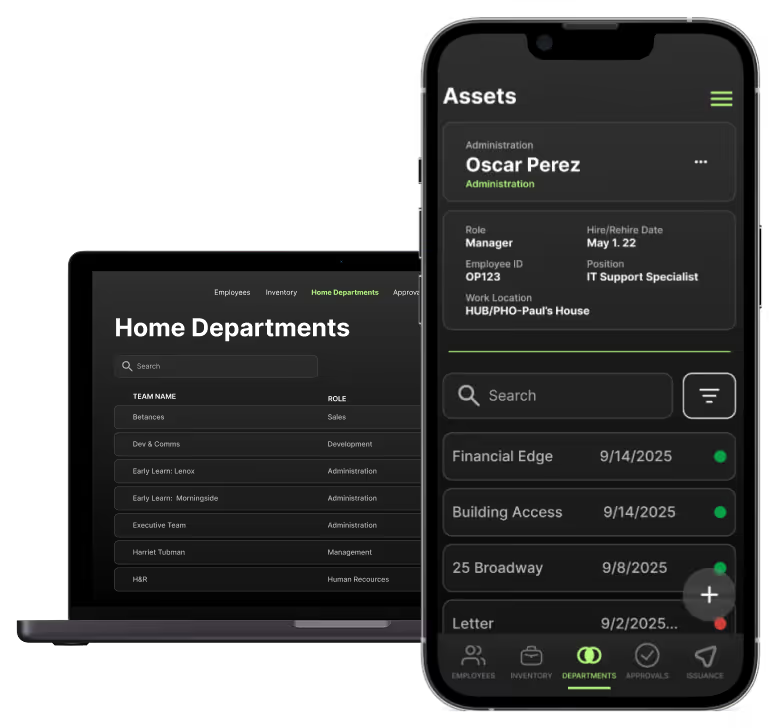

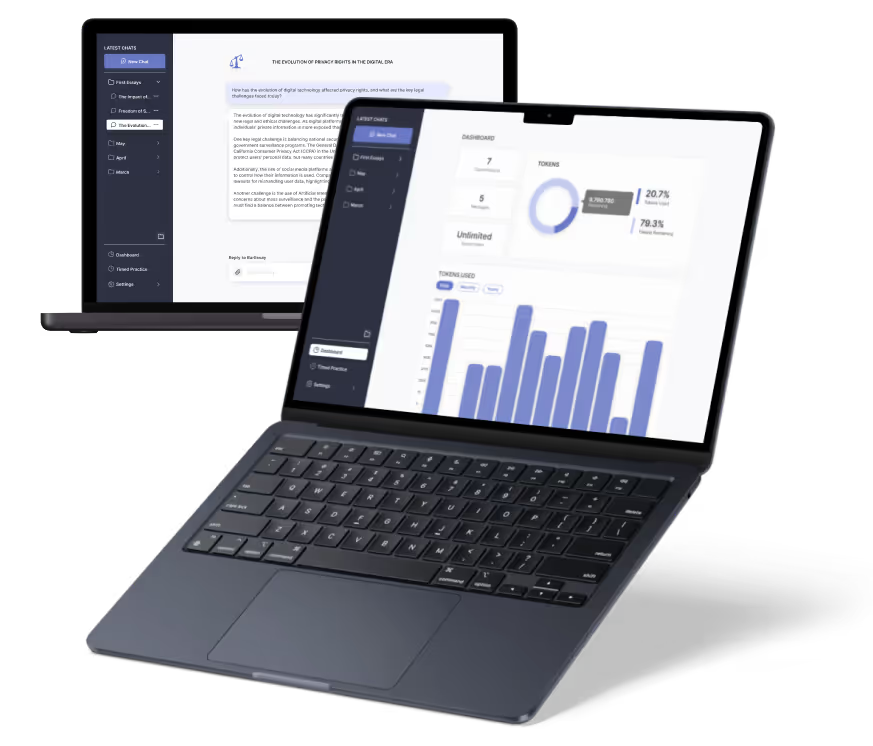
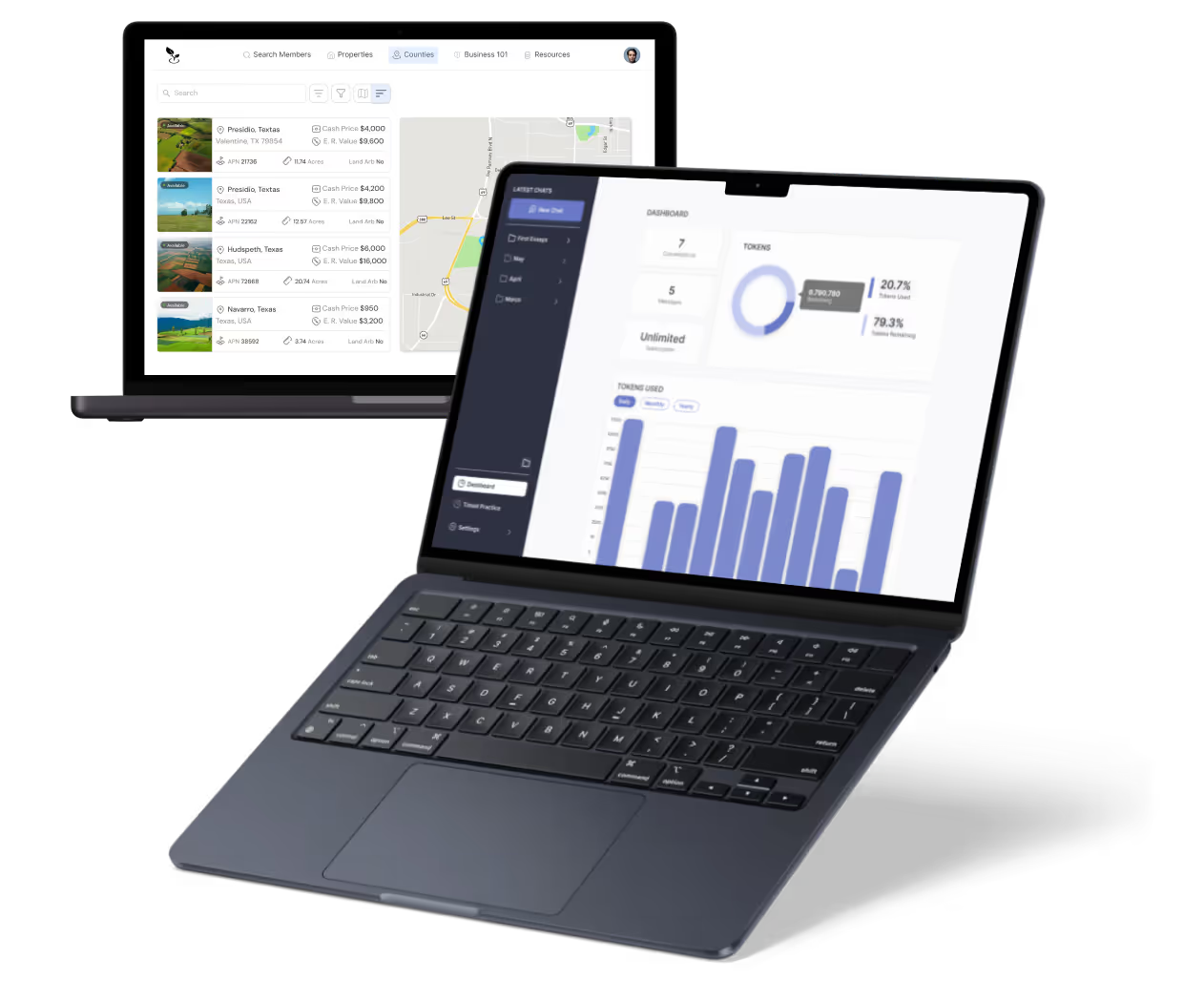
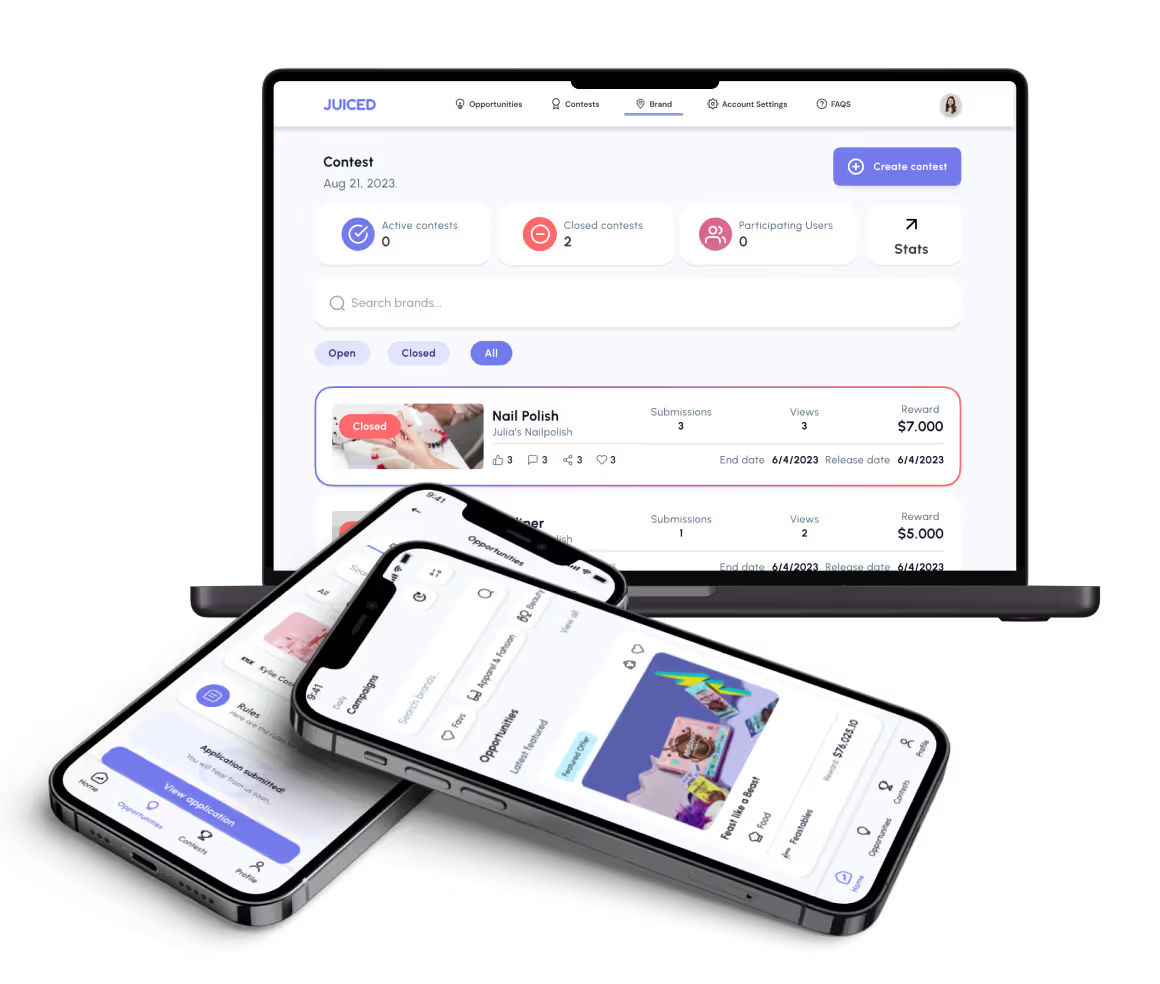
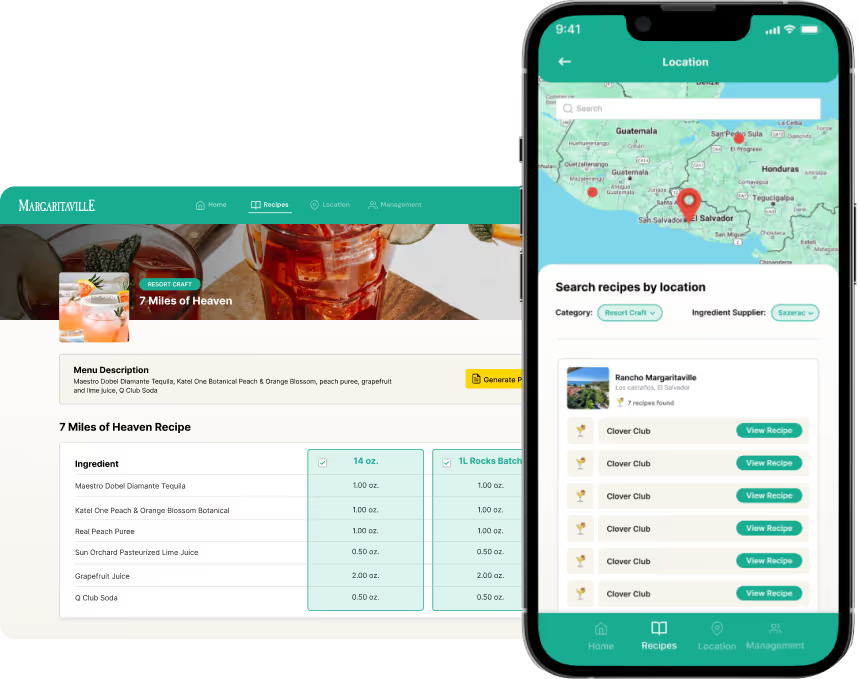

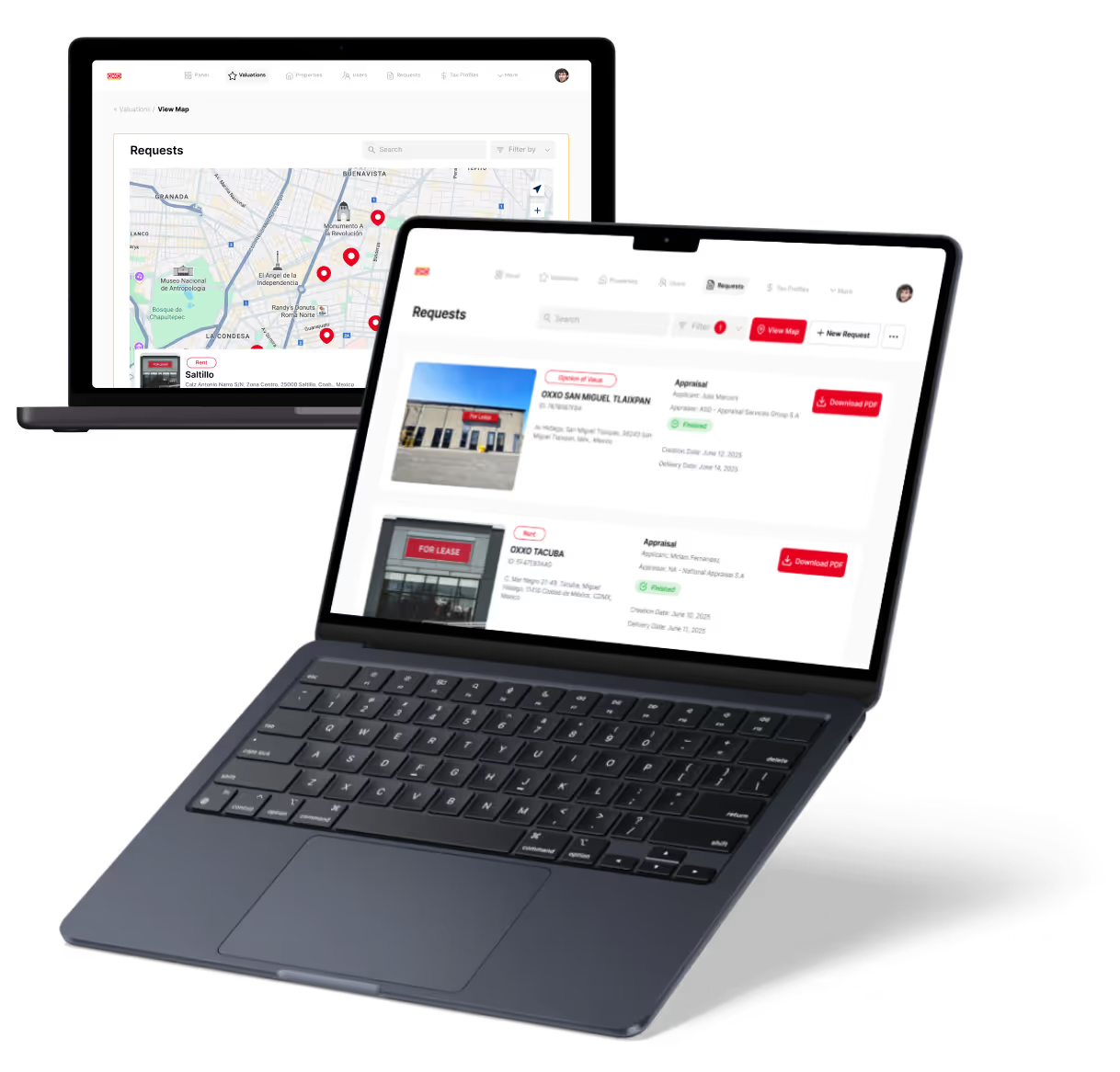
%20(Custom).avif)




.avif)
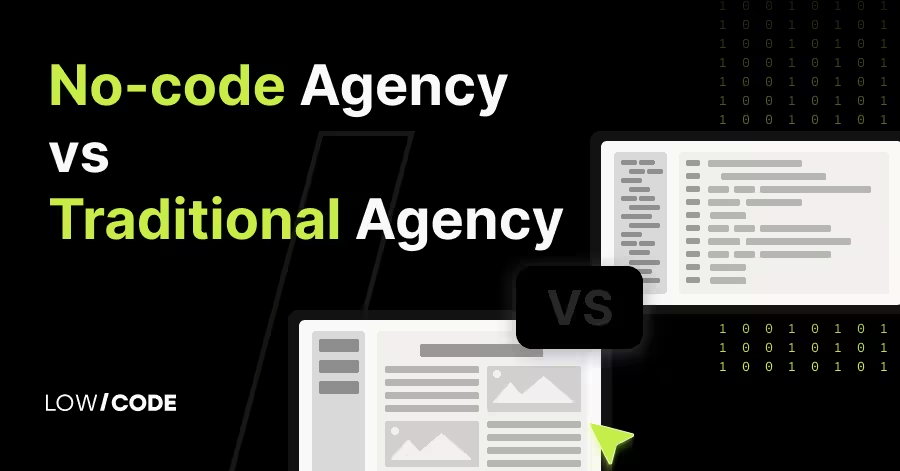

%20(2).avif)
